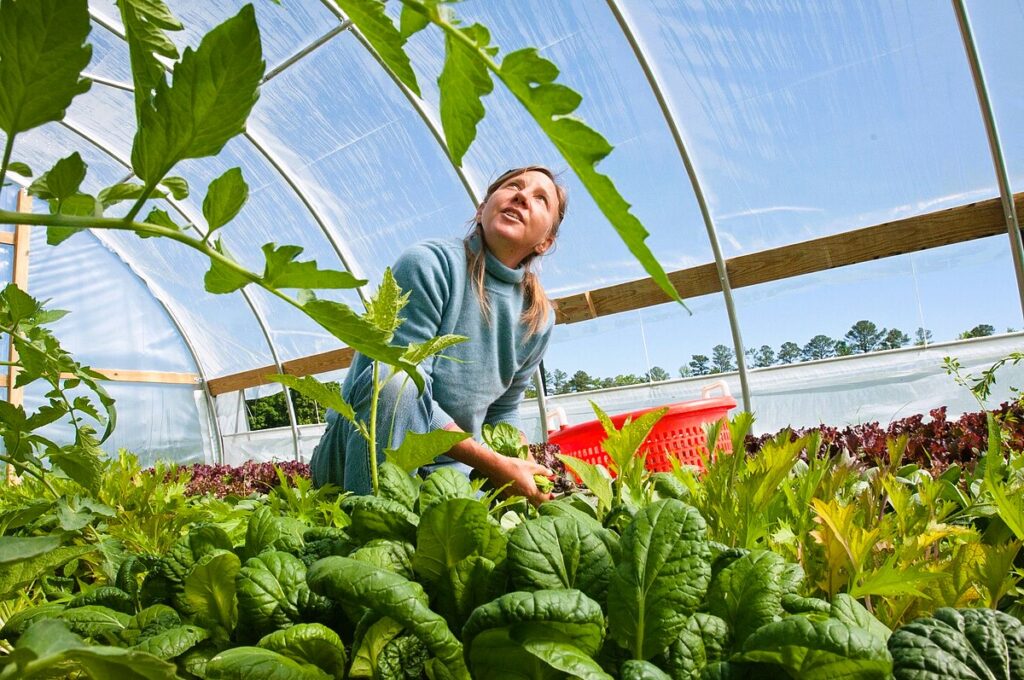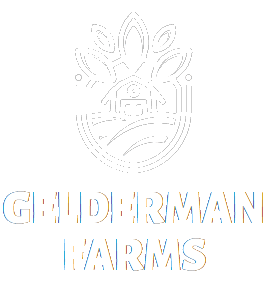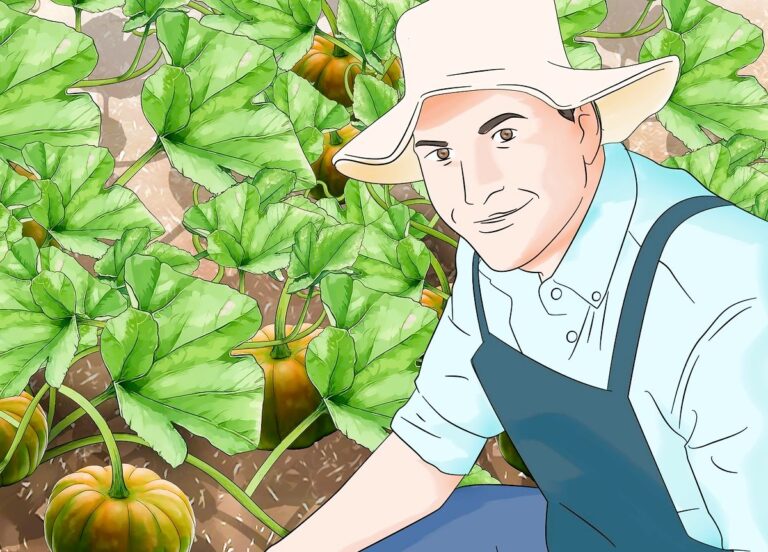Owning and managing a private farm is a dream shared by many individuals around the world. The allure of working the land, producing food, and living close to nature captivates the imagination of aspiring farmers. However, turning this dream into a successful reality requires dedication, knowledge, and a strategic approach. This article explores the essential elements of cultivating success on a private farm, covering topics such as farm planning, crop selection, livestock management, sustainable practices, and the importance of adherence to standardized guidelines.
Section 1: Farm Planning
The foundation of a successful private farm lies in comprehensive farm planning. Before embarking on any agricultural venture, aspiring farmers must conduct thorough research and create a detailed business plan. This plan should include an analysis of the farm’s location, climate, soil conditions, and available resources. Additionally, setting clear short-term and long-term goals will help farmers stay focused and make informed decisions.
Section 2: Crop Selection
Choosing the right crops is vital to the profitability and sustainability of a private farm. Factors such as local climate, soil suitability, and market demand should be considered when making crop selections. Diversifying crops can reduce the risk of crop failure and provide a steady income stream. Farmers can explore the latest agricultural research and guidelines to identify suitable crops for their region.
Section 3: Livestock Management
For farms that include livestock, proper management is essential for animal welfare and farm productivity. Creating a comfortable and healthy environment for animals, providing a balanced diet, and practicing regular veterinary care are fundamental aspects of livestock management. Following guidelines from reputable sources on animal husbandry and welfare ensures that farmers adhere to ethical practices and legal requirements. Do you want to maximize the yield on your farm? Read our article on Bountiful Harvests.
Section 4: Sustainable Farming Practices
In recent years, there has been a growing emphasis on sustainable farming practices to minimize environmental impact and conserve natural resources. Implementing practices such as organic farming, water conservation, and agroforestry can contribute to ecological balance and long-term farm viability. Adhering to standardized guidelines set forth by reputable organizations is crucial for successful adoption of sustainable practices.
Section 5: Importance of Standardization in Agriculture

Standardization plays a significant role in the agricultural industry, providing a framework for consistency, quality assurance, and safety. Various aspects of farming, including crop production, animal welfare, food processing, and environmental protection, are governed by standardized guidelines. These guidelines are developed and maintained by regulatory bodies and governmental organizations to ensure best practices are followed throughout the industry.
Relevant Links:
- Wikipedia’s page on “Agricultural Standards” offers a comprehensive overview of standardized practices in agriculture worldwide.
Section 6: Accessing Government Support
Governments often offer support programs and incentives to assist farmers in their endeavors. These can include grants, subsidies, and technical assistance aimed at promoting agricultural innovation, sustainable practices, and economic growth. By staying informed about available government support, farmers can take advantage of opportunities that align with their farm’s objectives.
Section 7: Continuous Learning and Adaptation
A successful private farm requires continuous learning and adaptability. Staying abreast of the latest agricultural research, attending workshops, and networking with fellow farmers can provide valuable insights and knowledge. The agricultural landscape is ever-evolving, and embracing new technologies and practices is essential to remain competitive and profitable.
Conclusion
Cultivating success on a private farm is a rewarding journey that requires careful planning, dedication, and adherence to standardized guidelines. From farm planning and crop selection to sustainable practices and livestock management, each aspect plays a crucial role in achieving long-term success. By utilizing resources like Wikipedia’s “Agricultural Standards” page and Canada’s official website (Canada.ca) for agricultural standards and regulations, aspiring farmers can access valuable information and set themselves on the path to realizing their dreams. Remember, growing your dreams requires patience, passion, and a commitment to lifelong learning in the dynamic world of agriculture.



